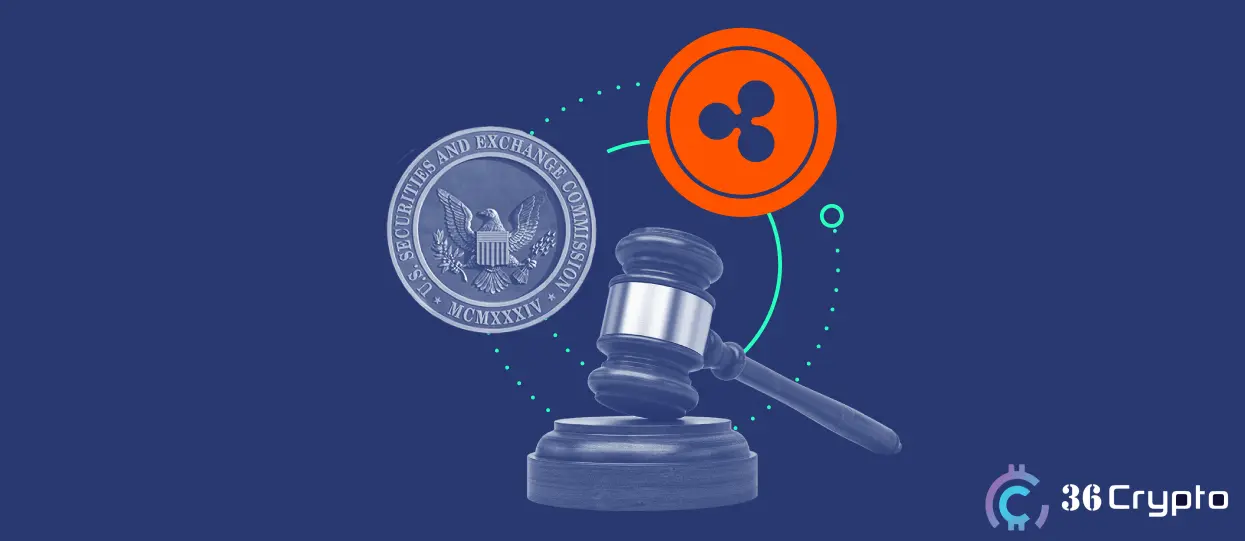Ripple has reignited the regulatory debate over crypto classification with a new letter sent to the SEC’s Crypto Task Force. The letter, announced publicly by Ripple’s Chief Legal Officer, Stuart Alderoty, via X, directly responds to Commissioner Hester Peirce’s “New Paradigm” speech and challenges ongoing confusion around the legal treatment of digital assets like XRP.
In the letter, Ripple pressed for regulatory clarity on when a digital asset, originally part of an investment contract, becomes independent of that contract. According to the company, both the law and recent court decisions support the view that XRP, in isolation, is not classified as a security.
Also Read: Elon Musk’s New ‘X Money’ System to Support XRP? Rumor Gains Traction
Citing Judge Torres’ ruling in the SEC v. Ripple case, Ripple highlighted that XRP does not qualify as a security, even though some earlier institutional sales were classified as securities. Ripple insisted that the main laws in the U.S. do not yet consider many secondary-market crypto trades to be securities under the investment contract rule.
The company asked the SEC to avoid using standards like “sufficiently decentralized” or “fully functional” since these unclear rules add more confusion to the market. Ripple stressed that if the issuer keeps their promises and the investor cannot enforce rights, that asset should not be considered part of an investment contract.
Today, @Ripple submitted an additional letter to the SEC’s Crypto Task Force addressing a key question from Commissioner Peirce’s “New Paradigm” speech: When does a digital asset separate from an investment contract?
We appreciate the continued engagement with the Task Force.…
— Stuart Alderoty (@s_alderoty) May 27, 2025
Ripple Suggests Safe Harbor and Legal Standard for Clarity
As part of their recommendations, Ripple proposed a standard to determine when a digital asset separates from its original investment contract. According to the proposal, an asset should be presumed independent unless both a material promise remains unfulfilled and enforceable rights exist for the current holder.
Ripple warned that broad interpretations could lead to overreach and even opportunistic litigation.
The company also pushed for a safe harbor to protect good-faith actors navigating unclear laws. However, it warned against any framework that assumes all digital asset transactions fall under securities laws by default. Ripple argued that such a move would blur already settled legal boundaries.
Ripple Proposes “Maturity” Test to Define Legal Status of Tokens
To further reduce ambiguity, Ripple introduced a “maturity” test for determining whether a token should still fall under securities regulations. This test considers factors such as the token’s market value, how long the network has been operational, and whether the network is permissionless and resistant to unilateral control.
They proposed benchmarks like a $1 billion market value and a 10-year operational period to indicate separation from an investment contract. According to Ripple, these requirements fit the nature of the crypto world and give clarity on the law to those who work or invest in the sector.
Ripple says in plain terms that XRP does not break any laws, and the SEC needs to stop treating crypto assets through blurry or outdated lenses. Ripple is recommending that regulators and lawmakers speed up the process and set rules that reflect the realities of today’s market.
Also Read: Analyst Says XRP Will Pump Without Warning, Shares Bold Price Target
